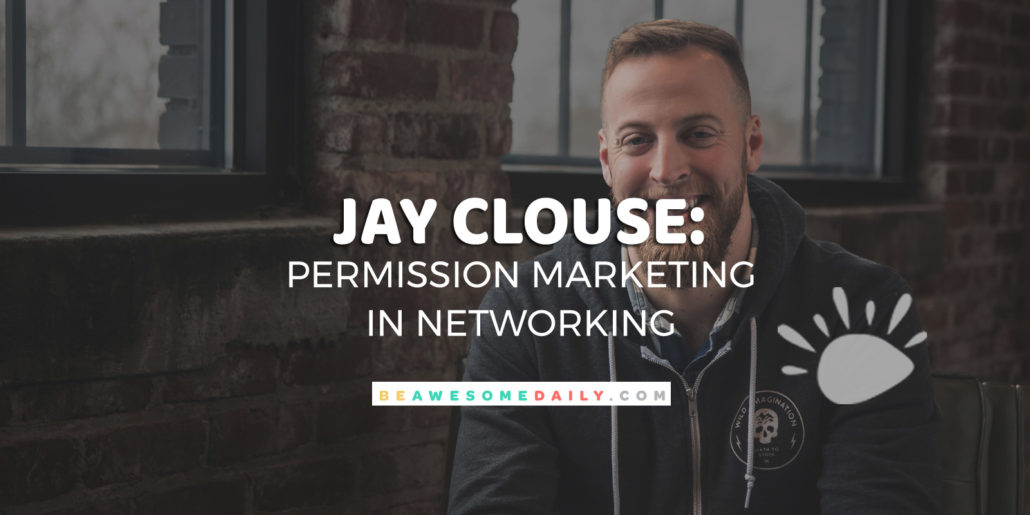
Contributed by Jay Clouse
Unreal Collective | Columbus, OH
I receive Jay’s daily email. We were in altMBA12 together. There’s been a connection since we first met this summer. Today’s post was perfect and articulates perfectly how I have approached networking. I hope you enjoy this guest post from a fellow Seth Godin fan.
Originally Shared via Jay’s Blog
As you are probably already aware, I’m a big Seth Godin fan.
Seth Godin thinks differently about marketing than most marketing gurus – and I love it. Recently I watched a video where he described permission marketing.
Every time you engage with someone, you are either making yourself more irreplaceable (and justifying why paying attention to you is worth it) or you are taking a valuable resource: someone’s attention.
Attention is precious. It’s not refundable and it’s always limited.
Godin is describing modern marketing and communication – email lists, social media, advertising, etc. His point here is that a specific message needs to be adding value, or you are wasting your time.
His expanded viewpoint on this topic is that most modern marketers are focused on short term wins for their company/organization/cause and not putting emphasis on the receiver of the message.
And his thesis is that this selfish form of marketing will come back to bite us, making attention an even more difficult and valuable asset to command.
So to him, the time is now to focus on “permission marketing” – marketing that is done by gaining permission from the receiver of the message. Every time you then engage with your audience, you are making yourself more irreplaceable and proving your value.
Would people miss you (or your message) if it was gone?
That’s how I approach this newsletter, and that’s how I’ve implicitly approached “networking” as well. Networking for networking sake (i.e. “collecting” contacts) is not providing value. It is not demonstrating why you are worthwhile of attention.
Instead, relentlessly provide value to someone you’re trying to get close to. Connect them to someone else, send them some piece of information you think is valuable to them, or invite them to an event they could benefit from.
When the expectation of your message (or presence) is positive, new worlds open up.
Also published on Medium.















There are no comments